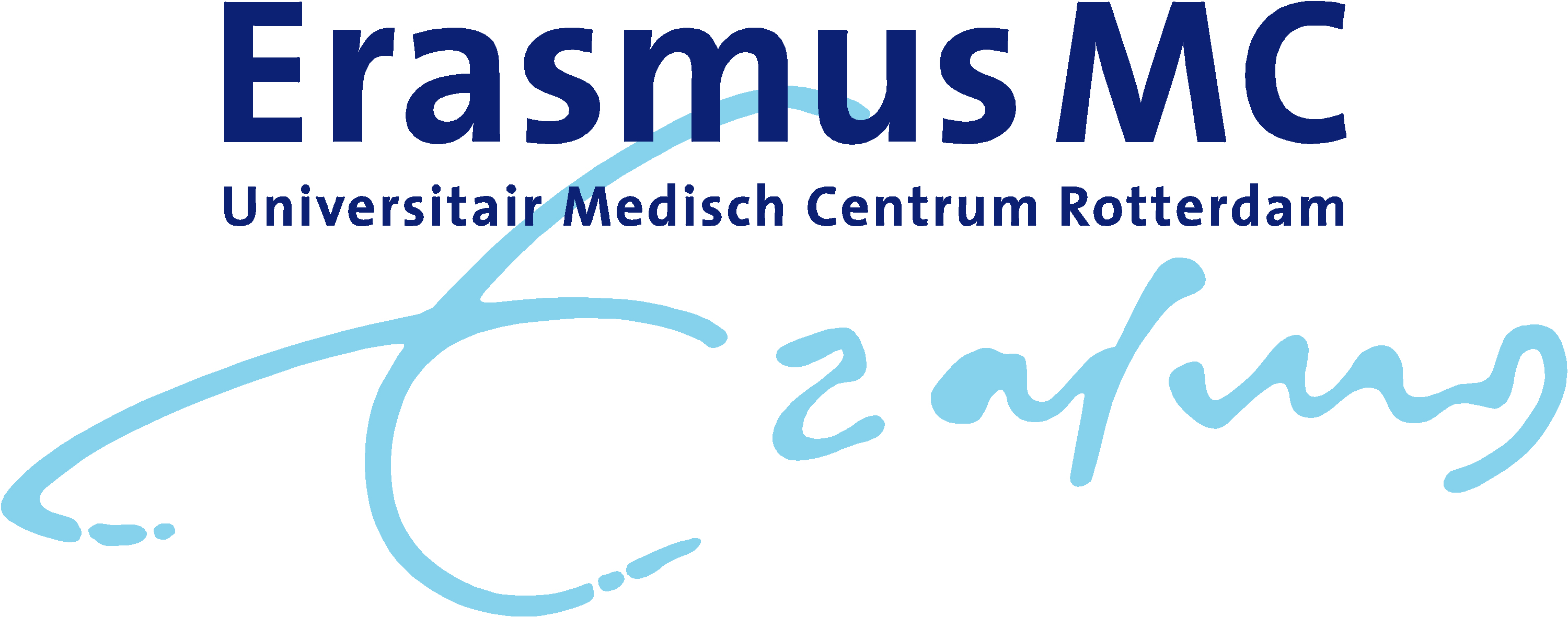Hemodynamic Adaptation to Pregnancy and Placenta-related Outcome (HAPPO)

Project summary
Pregnancy requires an adaptive response of the maternal cardiovascular system to meet the demands of the rapidly growing placenta and fetus. A healthy pregnancy outcome largely depends on adequate placental vascularization early in gestation. A complicated pregnancy (such as preeclampsia and/or intrauterine fetal growth restriction) is often associated with abnormal placentation. Women with a complicated pregnancy have an increased risk for future cardiovascular disease. We hypothesize that existent impaired maternal cardiovascular health leads to hemodynamic maladaptation to pregnancy, diminished uteroplacental vascular development and subsequent pregnancy complications.
The overall aim of the HAPPO study is to examine associations between maternal hemodynamic adaptation to pregnancy and (utero)placental vascular development in women with and without (a history of) pregnancy complications.
Impact
The results of the HAPPO study will provide more understanding of longitudinal maternal hemodynamic adaptation to pregnancy in relation to utero(placental) vascular development and its associations with subsequent pregnancy outcome.
More detailed information
Principal Investigator:
Dr. Wendy Koster
Role Erasmus MC:
Coördinator
Department:
Project website:
Not available
Funding Agency:
Erasmus MC Fellowship Grant



